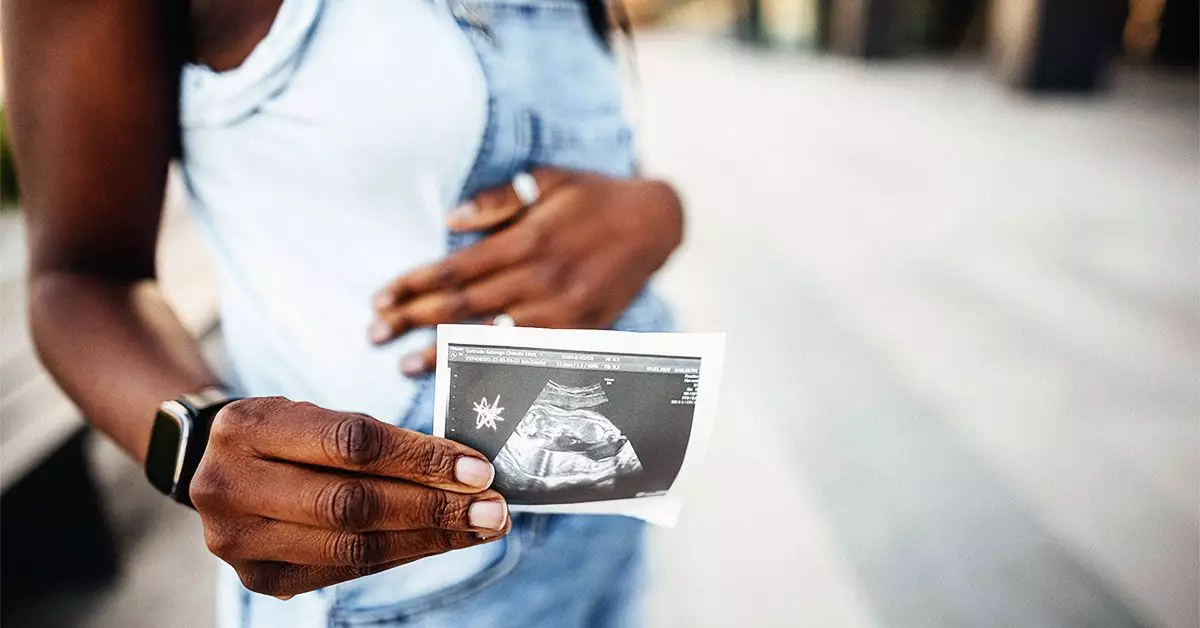Ectopic pregnancy is a medical condition wherein a fertilized egg implants outside the uterus, most commonly within the fallopian tubes. This condition poses critical health risks because it can lead to severe complications, including internal bleeding, which necessitates immediate medical intervention. Recognizing the signs and understanding the risk factors associated with ectopic pregnancies is vital for reproductive health. Among the misconceptions that frequently arise in discussions surrounding ectopic pregnancy is the potential link to previous abortions.
A thorough examination of existing research reveals that there is no conclusive evidence supporting a direct relationship between abortions and the incidence of ectopic pregnancies. Historical studies once posited associations between the two, leading some to speculate that abortions could heighten the risk of such pregnancies. For instance, a study conducted in 1995 indicated that among women who experienced ectopic pregnancies, a percentage had previously undergone induced abortions. However, subsequent investigations have failed to replicate these findings, challenging the notion of causality.
More recent large-scale studies, including a significant analysis performed in 2010 involving over 3,700 women, found no increased risk of ectopic pregnancy associated with multiple prior abortions when compared to those with a single abortion. This evidence indicates that the claims of a dose-dependent relationship—wherein the risk escalates with the number of abortions—lack substantial scientific backing.
It is also crucial to consider the evolution of abortion methods over the years. Modern abortion techniques, both surgical and medical, have greatly enhanced safety standards compared to practices from previous decades. Well-established protocols, including the use of antibiotics, have dramatically reduced the risks associated with complications such as infections. Consequently, infections—previously thought to be a potential contributor to ectopic pregnancies—are far less representative in the context of safe and legal abortion procedures.
The American College of Obstetricians and Gynecologists (ACOG) does not recognize prior abortions as a risk factor for ectopic pregnancies, citing a lack of evidence of a causal link. It emphasizes that while untreated infections can pose risks, the incidence of such infections is rare in the context of legalized abortion which is supported by timely access to healthcare.
The factors contributing to ectopic pregnancies are diverse and more complex than the simple linkage to previous abortions. Known risk factors include a history of pelvic infections, smoking, and older maternal age, as well as medical interventions such as in vitro fertilization (IVF). Some studies link past exposure to diethylstilbestrol (DES)—a synthetic estrogen—prescribed in the mid-20th century to complications in reproductive health. These elements, however, do not guarantee an ectopic pregnancy but rather signify an increased susceptibility.
This nuanced understanding points to the reality that various biological and lifestyle factors intertwine to create risk pathways for ectopic pregnancy, rather than scapegoating previous abortions as a primary cause.
A pervasive myth in discourse surrounding reproductive health is that abortions invariably lead to infertility. This is fundamentally incorrect. Research, including a notable Finnish study in 2016, demonstrated that women who had experienced an abortion were often less likely to pursue fertility treatments in subsequent years compared to those without any history of abortion.
In general, safe abortions do not compromise future fertility, and many individuals can conceive soon after. The notion that they lead to infertility persists largely due to misinformation and lingering stigmas associated with the procedure.
The discussions surrounding abortions and ectopic pregnancies require a careful, evidence-based approach. Current studies indicate there is no proven link between past abortions and the risk of ectopic pregnancies; instead, a multitude of other factors plays a more significant role in such outcomes. The ongoing evolution of abortion practices towards enhanced safety and efficacy has further minimized risks associated with the procedure. Thus, it becomes imperative for public discourse to shift from misplaced fears to an informed understanding rooted in contemporary medical research.


Leave a Reply